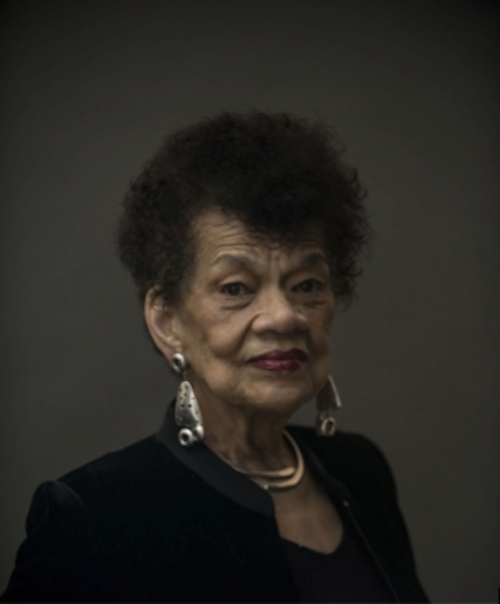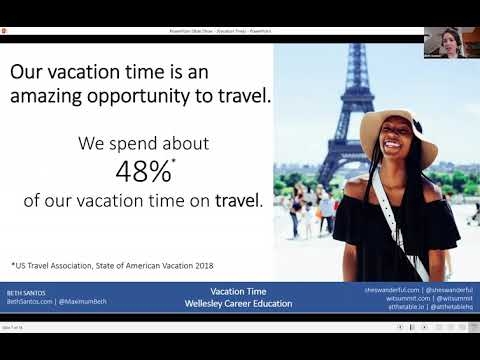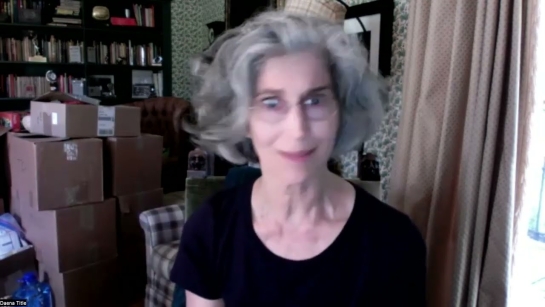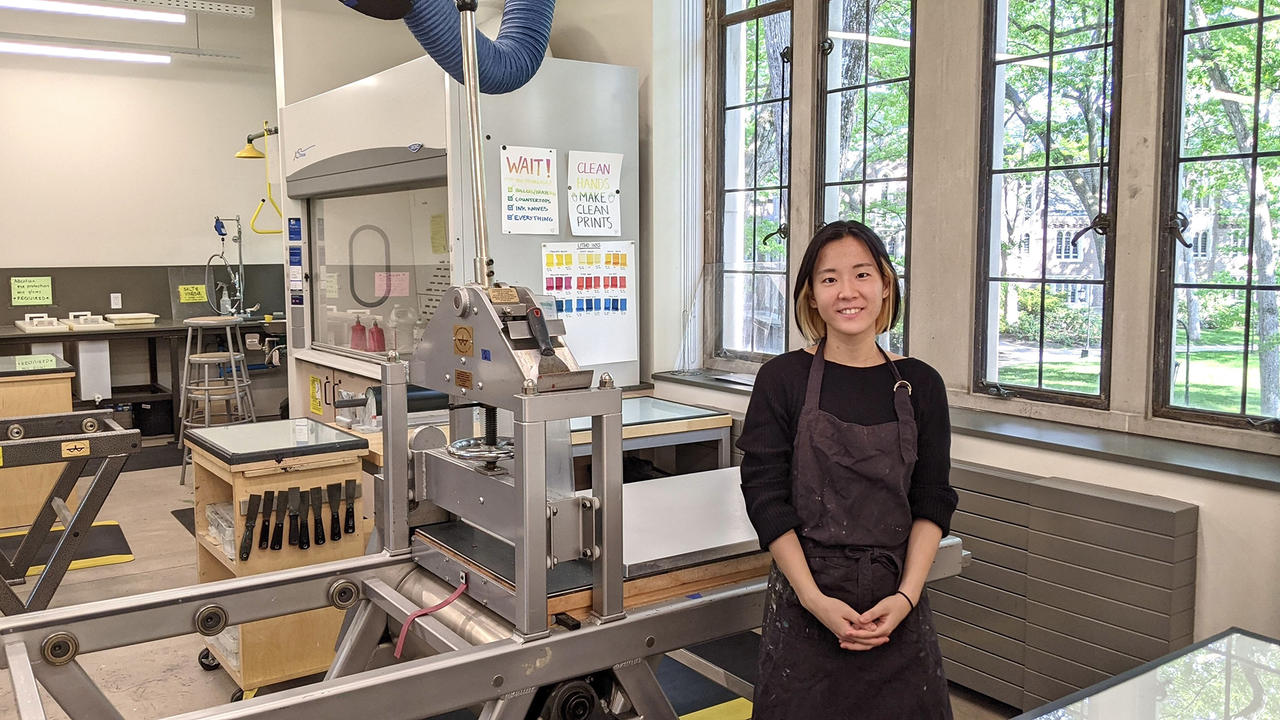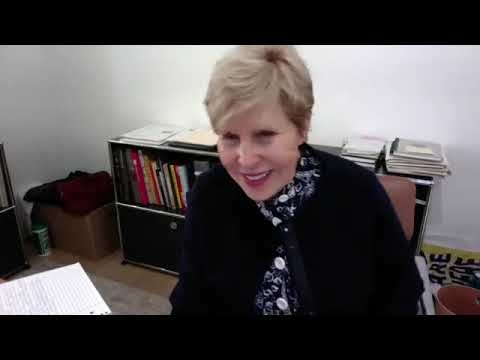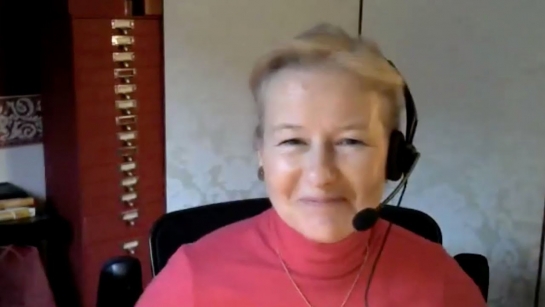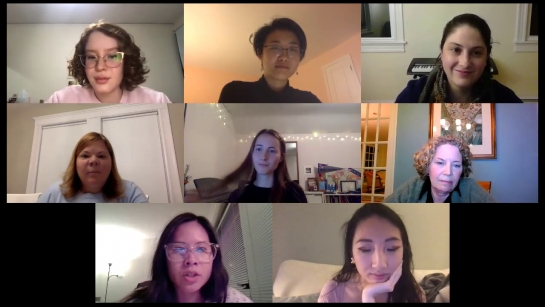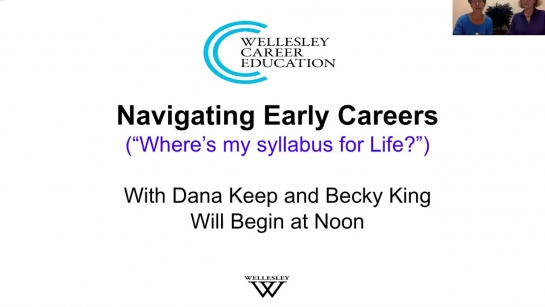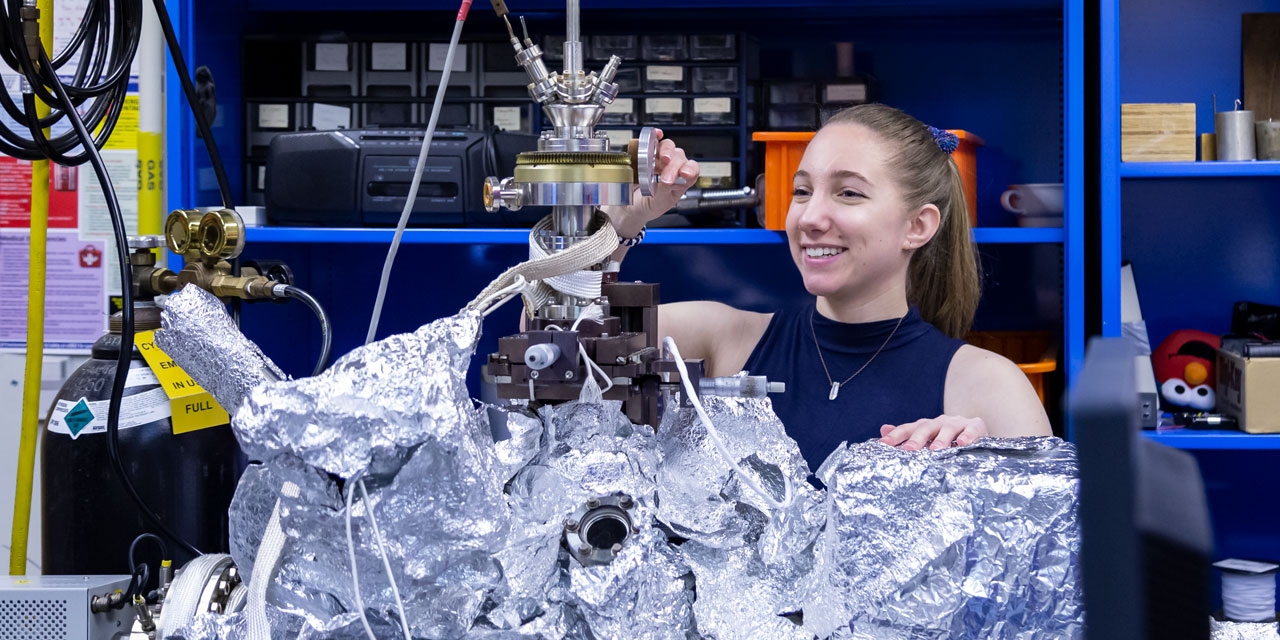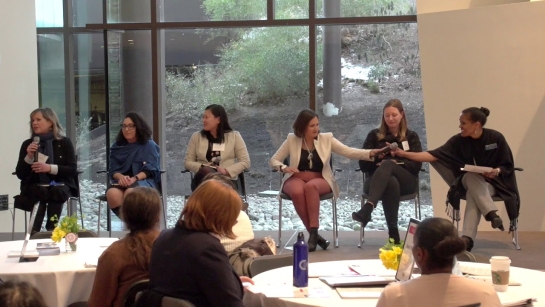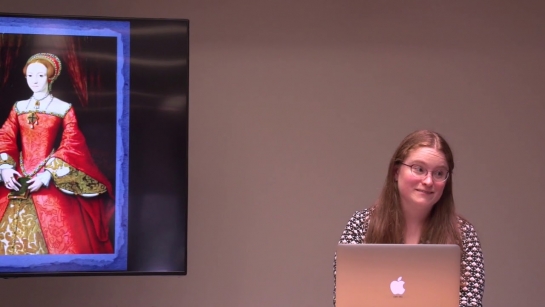Job Searching After 50
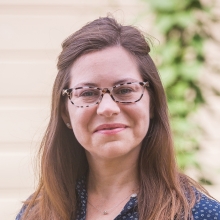
This resource outlines considerations for job searching over 50, including tailored advice for your writing your resume, networking, and interviewing.
“I think art’s first goal is to remind us that we are human...”
Career Advancement

Career Advancement can mean different things to different people. For some, advancement means reaching a leadership position within a company or a field. For others, advancement means performing at a high level in a given role. Sometimes, advancement means switching careers entirely to learn a whole new domain, or focusing on giving back to a field or a community.
“The Crawford Fellowship gave me the means to revitalize my artistic practice and connect with a community of artists and craftspeople.”
“I see the printshop as a place for all things: teaching, learning, experimentation, creation, expression, collaboration, communication, and inspiration.”
The Elizabeth Crawford ’21 Haystack Fellowship (graduates)

“Thanks to Career Education’s generous summer internship grant, I have been able to observe and learn about the difficulties and satisfaction of managing a theatre that focuses on marginalized identities.”
“I previously had dreams to be an author, but found myself called by the combination of logic, mystery, and truth in science.”
Careers in Higher Education
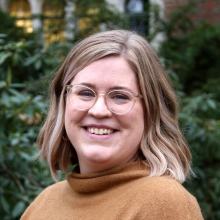
This resource will give you an overview of the career opportunities available if you want to pursue a job in a college or university setting. There are two basic career pathways in Higher Education — academic affairs and student affairs.
Performing Arts
Like most art disciplines, careers in theatre span widely from performance and creative roles to technical positions to administrative functions and even educational and therapeutic professions.
Museums and Galleries
Museums are educational organizations that collect, preserve, and present important artifacts and/or works of art for the public to view and study. Museums may be organized by their collections (art, history, natural history) or by their intended audiences (children's museums). Possible occupational titles include: museum director, curator, collections manager, archivist, museum technician, conservator, researcher, exhibit designer, educator, editor, photographer, and librarian.
Fine Art
Practicing artists support themselves by teaching, selling artwork, being awarded grants and commissions, and a wide variety of other related (and non-related) professional endeavors. Growing and maintaining an active studio practice requires both training and resources— in the form of materials, equipment, space, and exhibition or performance opportunities. Many artists refine their work and begin to connect with the world of galleries, grants, and exhibitions in a graduate program (usually an MFA program). However, this is not the only path to a career as an artist.



